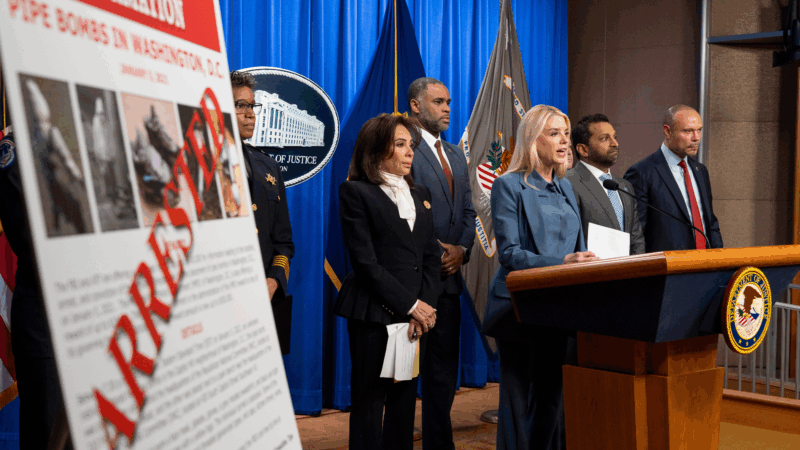Alabama Seeks Comment on Plans to Add Medicaid Work Requirement
Alabama wants to require some Medicaid recipients to work if they want healthcare coverage. The public has until Thursday to comment on the plan. The state’s proposal would require “able-bodied” adults to work, take classes, do job training or volunteer to receive Medicaid. Some, such as pregnant women and the disabled, would be exempt.
One analysis showed a Medicaid work requirement in Alabama would most affect mothers, African Americans, and families in rural communities. The Southern Poverty Law Center sent a letter last week to Alabama’s Medicaid Agency opposing the state’s plan. WBHM’s Andrew Yeager spoke with the group’s deputy legal director Sam Brooke.
Interview Highlights
Why the SPLC opposes a work requirement:
“Our belief [is] that really this isn’t so much a work requirement as a work paradox because people are going to be forced into an impossible situation. They’re going to either lose coverage because they’re not able to do the work for one reason or another. Or else they’re going to lose coverage under the Medicaid program because they’re going to start working the minimum 20 hours and their income’s going to take them over that $247 a month threshold. And so they’re going to lose Medicaid coverage because they earn too much, but still they will earn too little in order to purchase coverage themselves.”
Why the SPLC sees an extension of Transitional Medical Assistance, which is designed to help those leaving Medicaid rolls, as inadequate:
“We appreciate that change from six to 18 months, but it’s still woefully insufficient. To use an old analogy, it’s still a bridge to nowhere. It’s still a situation where once you get on this path, you’re going to be cut off. It’s just a matter of now it’s going to happen in 18 months instead of six months. Most likely … individuals in this circumstance are not in 18 months going to find themselves in a position where all of the sudden they’re earning enough that they’re going to be able to pay for this themselves or be in a stable enough situation that they’re going to be suddenly getting health insurance from their employer.”
WBHM reached out to Alabama’s Medicaid Agency. A spokeswoman says they can’t comment because the public comment period has not closed.
Public comments can be submitted through Thursday, August 30th via email at [email protected].
Pipe bomb suspect told FBI he targeted U.S. political parties, memo says
The man accused of placing two pipe bombs in Washington on the eve of Jan. 6, 2021 told investigators someone needed to "speak up" for people who believed the 2020 election was stolen, prosecutors said Sunday.
Chinese military stages drills around Taiwan to warn ‘external forces’
The drills came after Beijing expressed anger at U.S. arms sales, and a statement by Japan's prime minister saying its military could get involved if China were to take action against Taiwan.
Trump and Netanyahu to meet in Florida at a crucial moment for the Gaza ceasefire
President Trump could use the face-to-face at his Mar-a-Lago estate to look for ways to speed up the peace process, as Israel's leader has been accused of not pushing his side to move fast enough.
‘Bomb cyclone’ forecasted to bring heavy snow, blizzard conditions and dangerous travel
A 'bomb cyclone' is intensifying severe winter weather for millions of people across the U.S. The system is expected to knock out power and disrupt holiday travel.
Russia sends 3 Iranian satellites into orbit, report says
The report said that a Russian rocket sent the satellites on Sunday from a launchpad in eastern Russia.
Viral global TikToks: A twist on soccer, Tanzania’s Charlie Chaplin, hope in Gaza
TikToks are everywhere (well, except countries like Australia and India, where they've been banned.) We talk to the creators of some of the year's most popular reels from the Global South.







